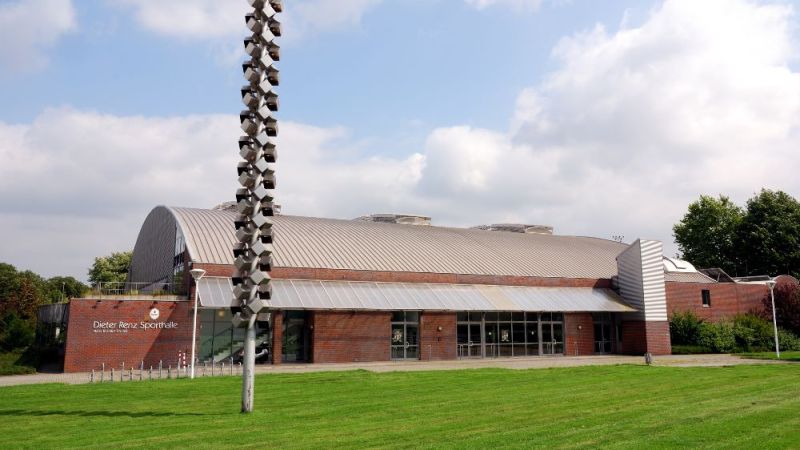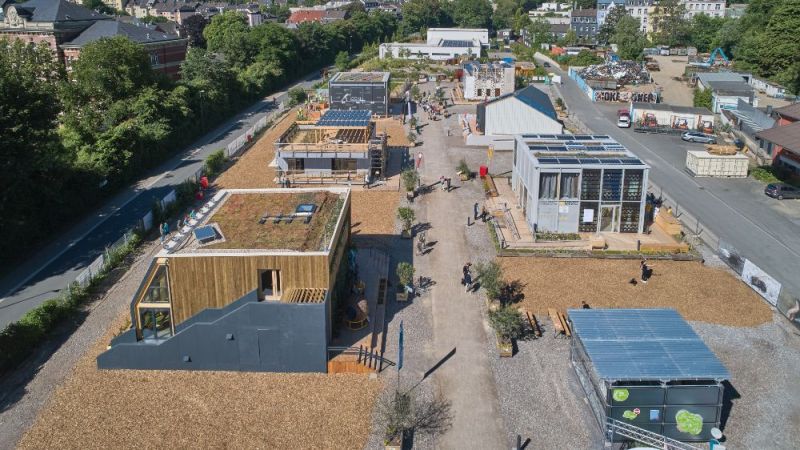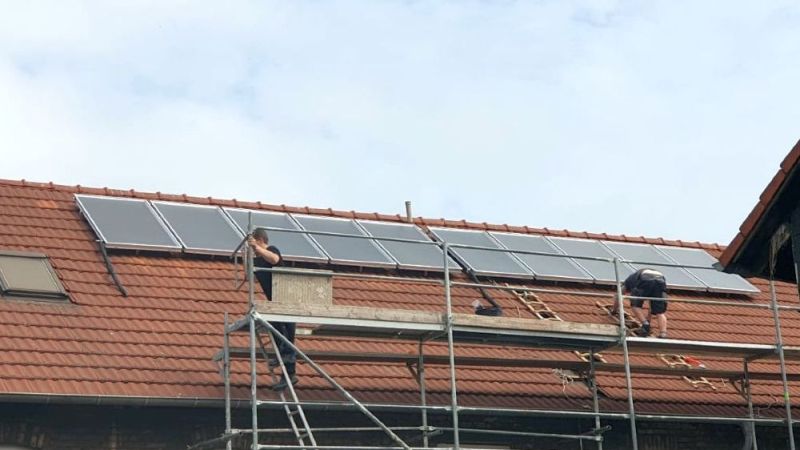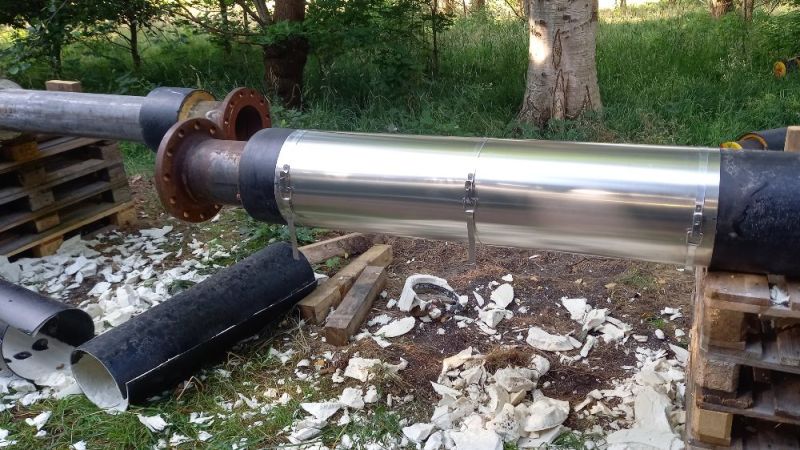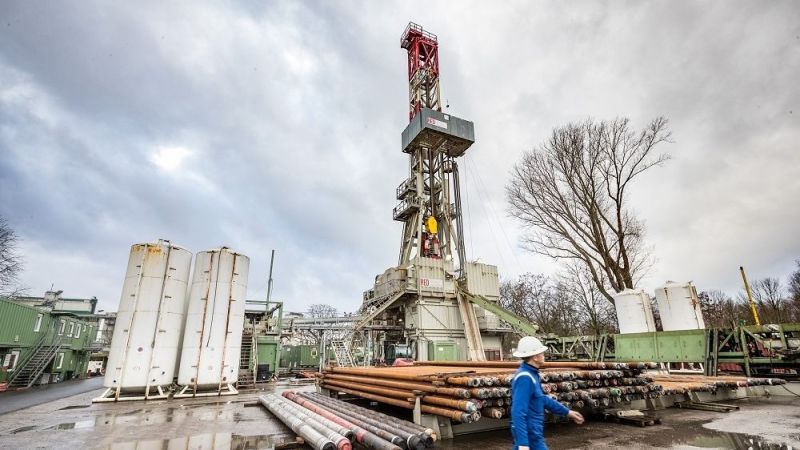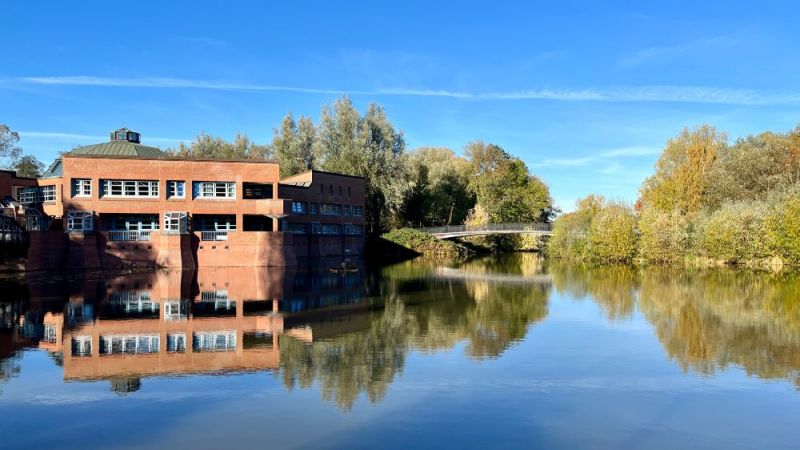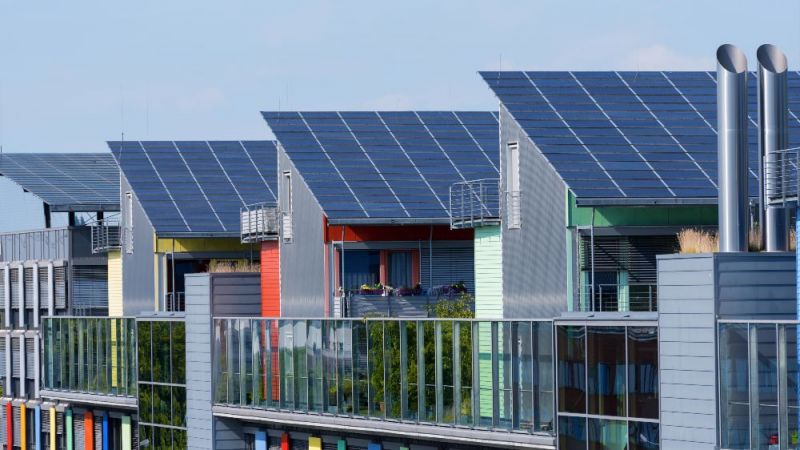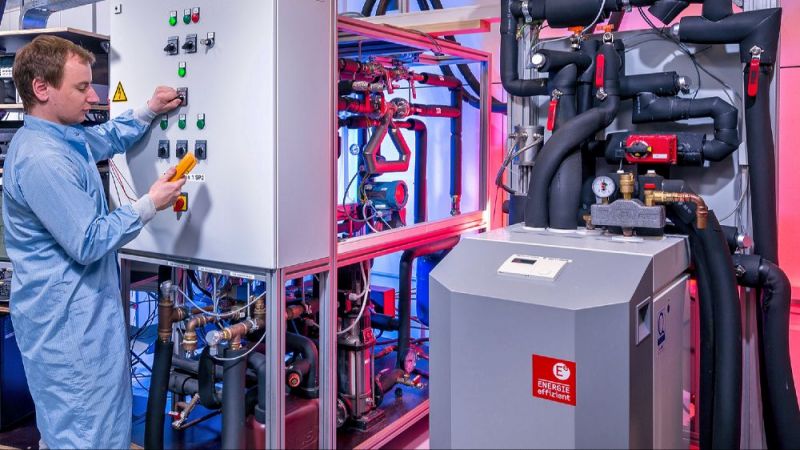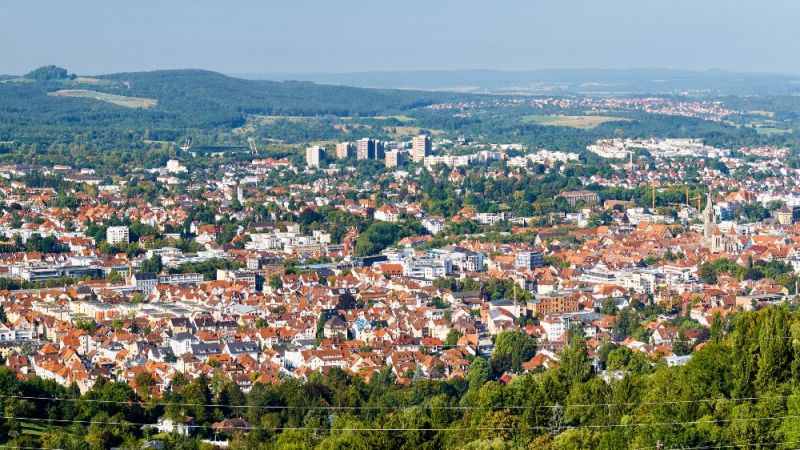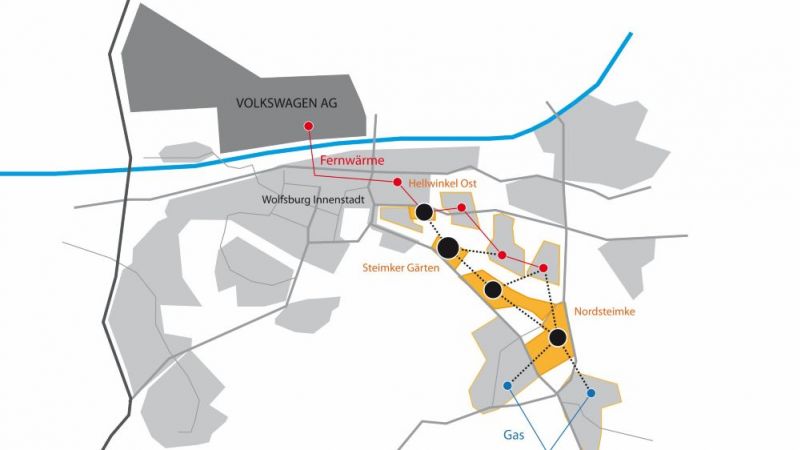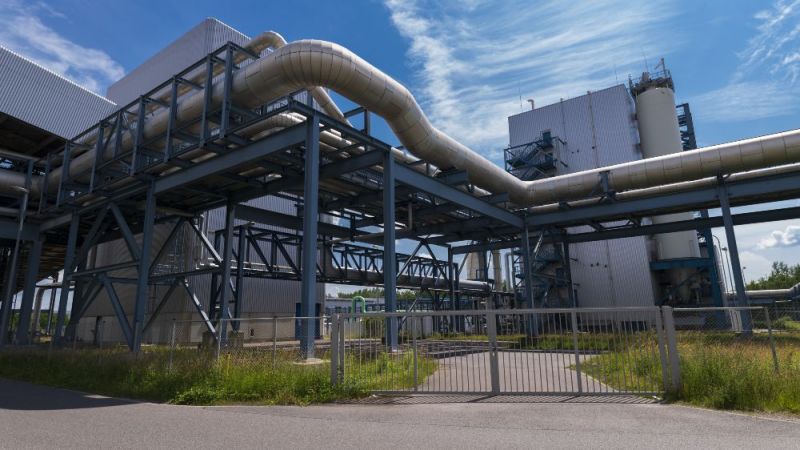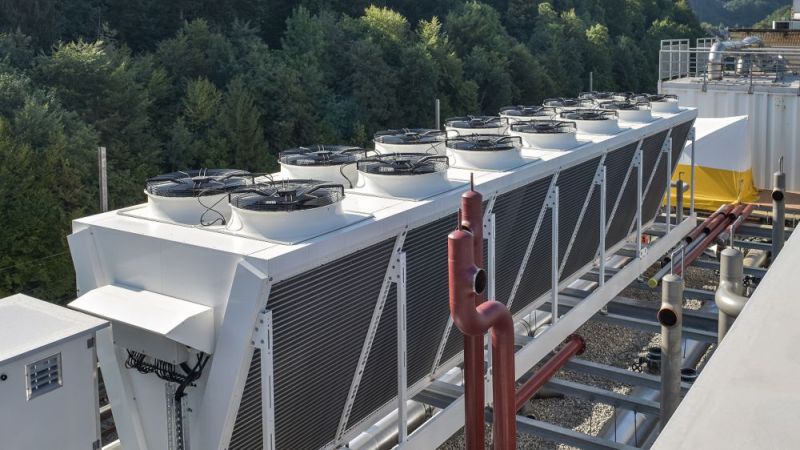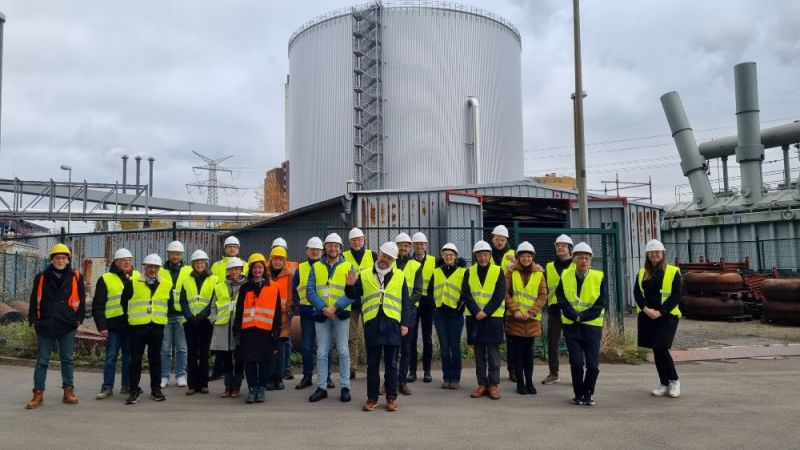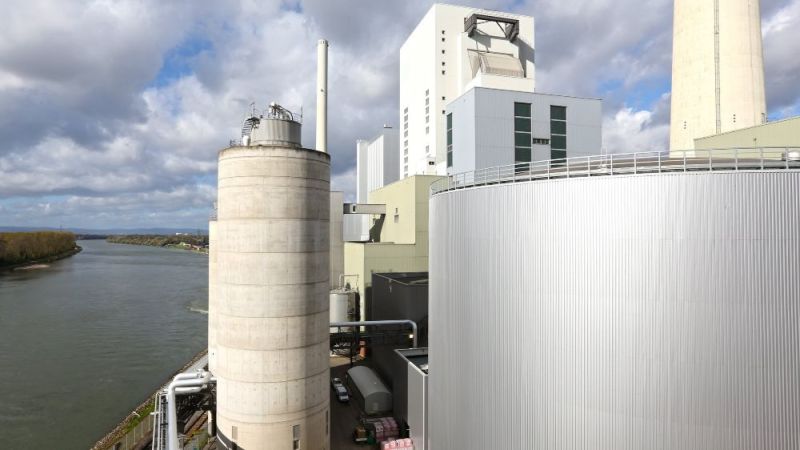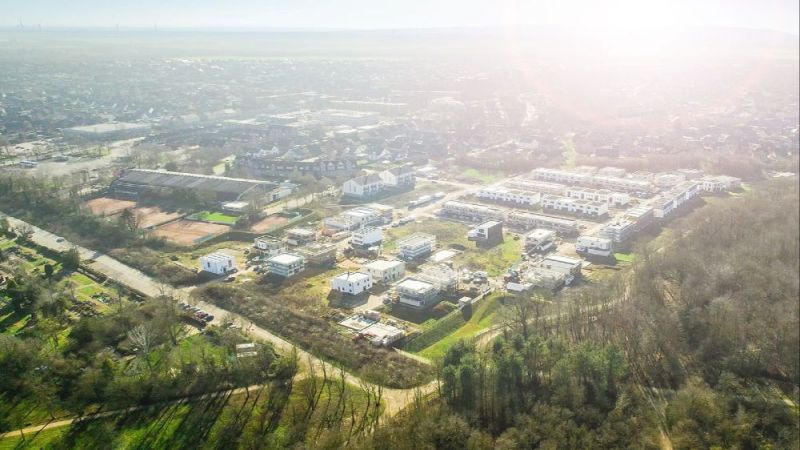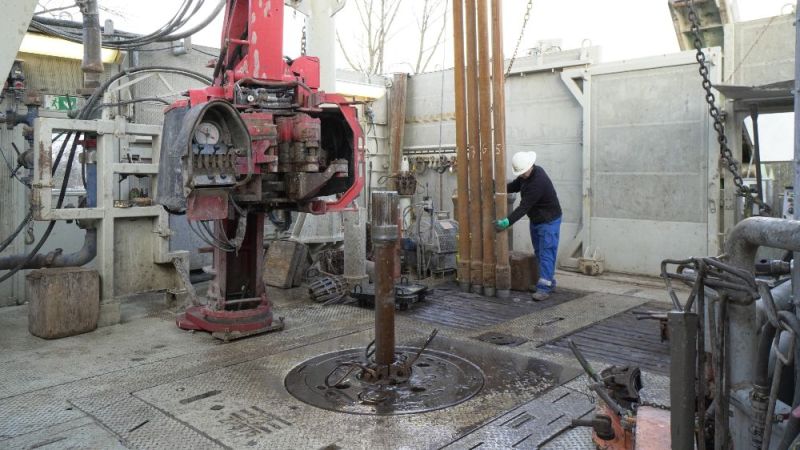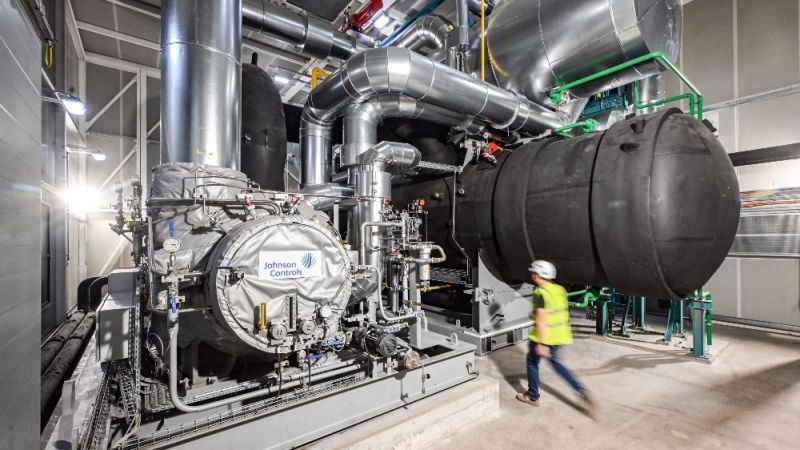
Project planning and operational management
Planning and optimally operating building energy systems
In the WaveSave research project, coordinated planning and optimisation tools for building energy systems are being developed for supplying decentralised electricity and heating: a modular system for project planning and an adaptive operation management system. Appropriate planning and control techniques are aimed at optimally coordinating the various energy system components for later operation. In addition, the researchers want to provide new management solutions for integrating and controlling decentralised energy systems in the building automation.
Building energy systems are becoming increasingly complex. Therefore it is no longer sufficient to only optimise these once already installed plants have begun operating. The systems need to be designed with a view to optimum operation already during the planning and project development stages. Modern system models, software and information technologies offer new possibilities here. For example, in this research project two coordinated tools are being developed:
- A modelling, simulation and optimisation system with extensible model and data libraries as well as application-specific, customisable optimisation targets
- A self-adaptive business management system designed to support the system design using optimisation techniques. Part of this system also includes methods and procedures used in machine learning.
At first glance, WaveSave has a certain similarity with the “enerMAT” project. However, there are significant differences both in terms of the objectives and methodology: the simulation model in “enerMAT” does not serve as a basis for optimising the system design and for creating initial schedules for the operational management. Rather it provides a virtual building there that can be used to forecast and optimise operations. In contrast to “enerMAT”, in WaveSave the actual operational management optimisation is not carried out as a forecast on a simulative level but “in-the-loop” using mathematical optimisation methods based on current target/actual values and prognosis data for the future energy demand and energy generation. By continuously adapting to the actual existing indoor and outdoor climate as well as the actual operating conditions of the system technology used, optimised schedules for up to 24 hours in advance are created and continuously adapted.
Research focus
For the project planning system the researchers are developing an innovative methodology that achieves the optimally coordinated selection and design of system components taking into account optimised operation management. The Modelica BuildingSystems library is being used to model the system components and map the thermal and electrical energy systems. The implementation of this self-adaptive business management system is focussing among others on developing a planning component with flexible optimisation goals in which all energy components of the building are considered and coordinated.
In addition, the researchers want to provide new management solutions for integrating and controlling decentralised energy systems in building automation. Since the parameters of the different components can change during operation, the development of an adaptive system for operation management is an important goal. In the course of the project, new planning, design and optimisation tools are being developed for designing energy systems and their operation that are subject to external influences, the integration of renewable energies and the spontaneity of the users. These tools will be implemented on a test basis and evaluated in defined application scenarios.
Application
The benefits and versatility of the WaveSave system have been demonstrated in a variety of application scenarios, including the load optimisation of a heat pump heating system. In addition, trials will be carried out on real buildings, for example using the energy supply systems for an energy-plus school and a prototype solar building, the Rooftop solar house from the UdK Berlin, which originates from the Solar Decathlon Europe international competition in 2014. For this purpose the system will be adapted to the specific application and evaluated in trial operation. In addition, specific business models and technical options will be identified in a study so as to minimise the time required for the transition to the product portfolio of potential technology providers.
For the implementation in application-capable software it is planned to transfer new model and optimisation approaches into practice-based building management systems.
06.12.2021
Universität der Künste Berlin (UdK), FG Versorgungsplanung, Versorgungstechnik
https://www.udk-berlin.de/
nytsch@udk-berlin.de
Tel.: +49(0)30-3185-2097
inhouse engineering GmbH
http://www.inhouse-engineering.de
info@inhouse-engineering.de
Tel.: +49-(0)30-57625-90


